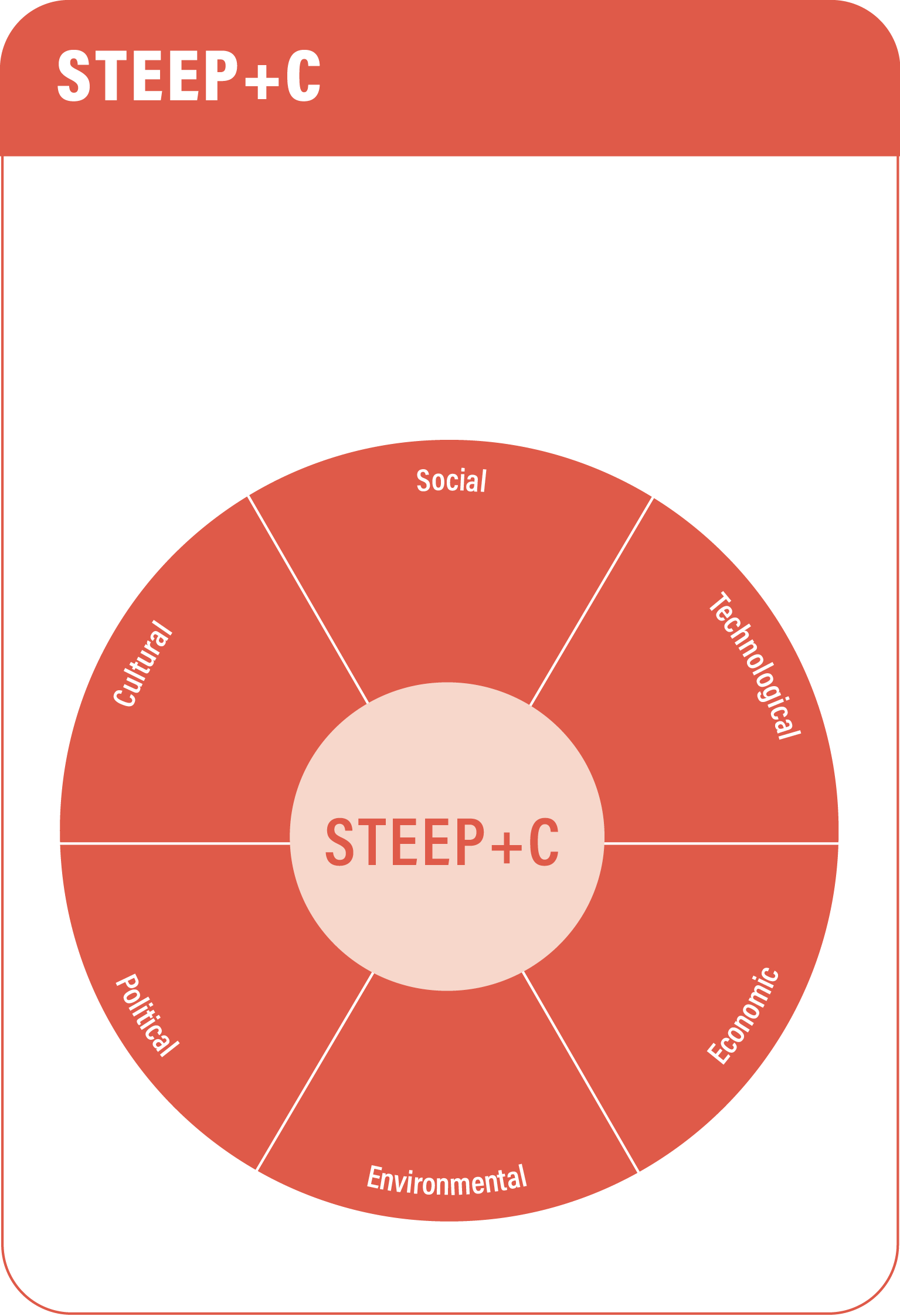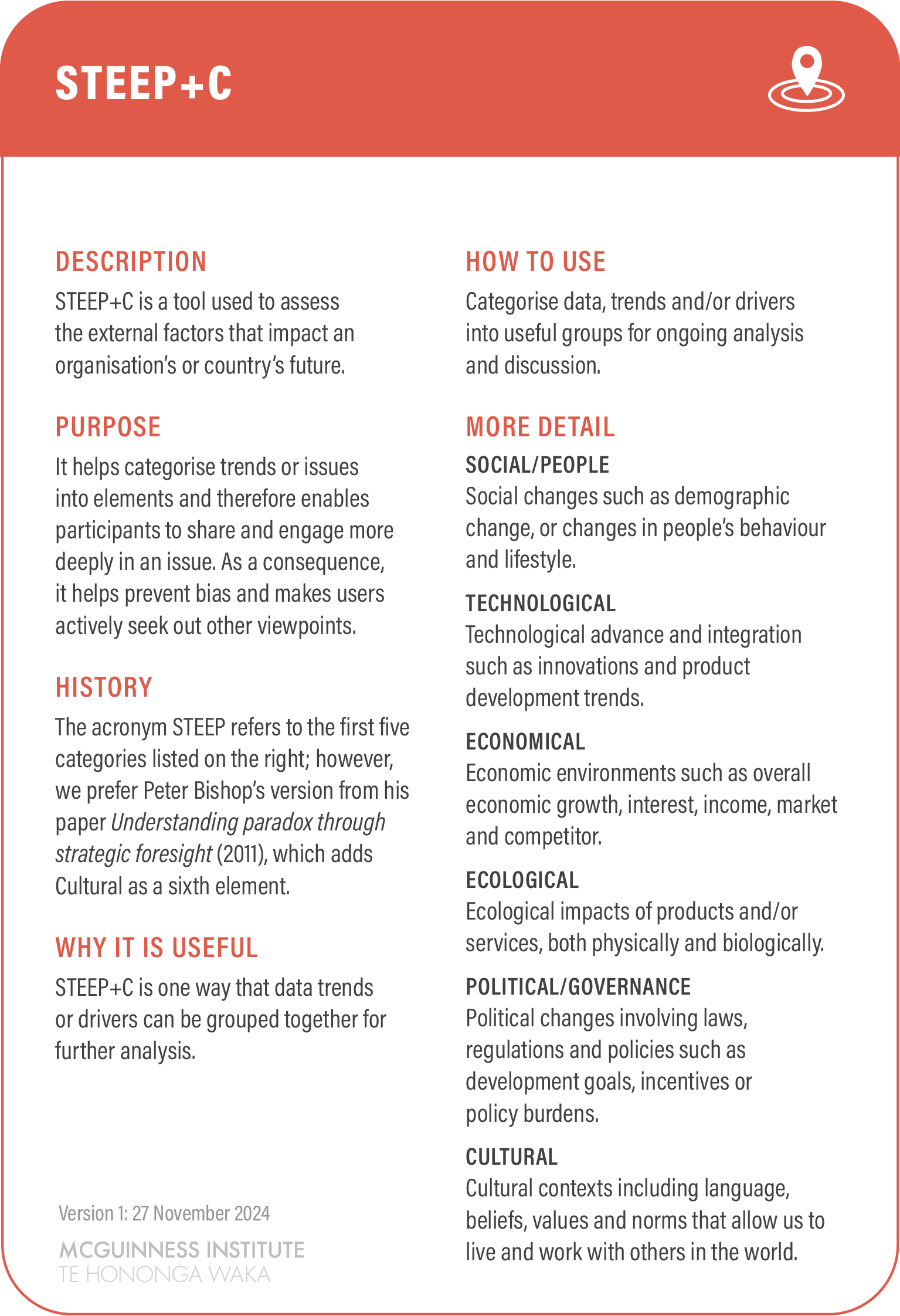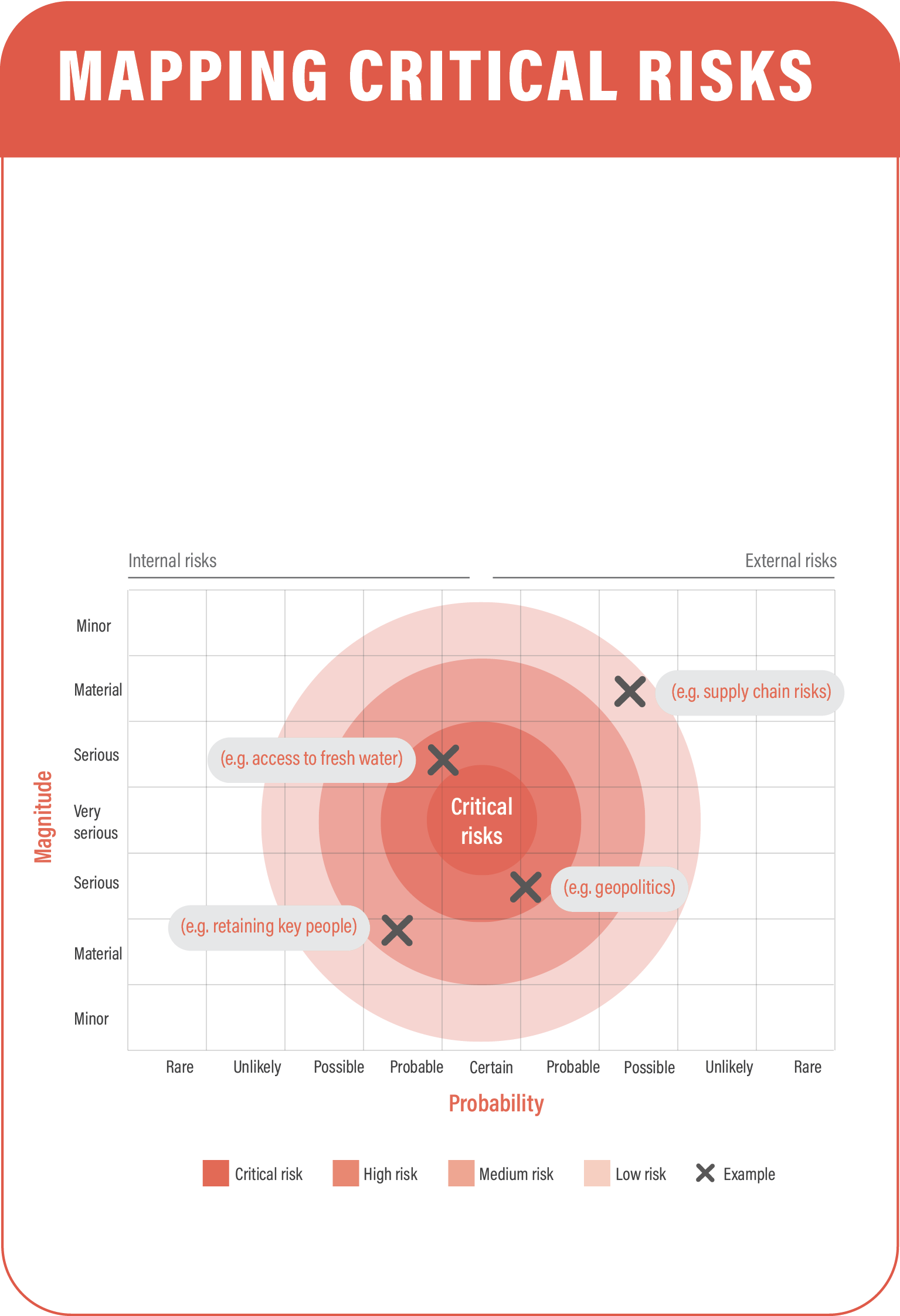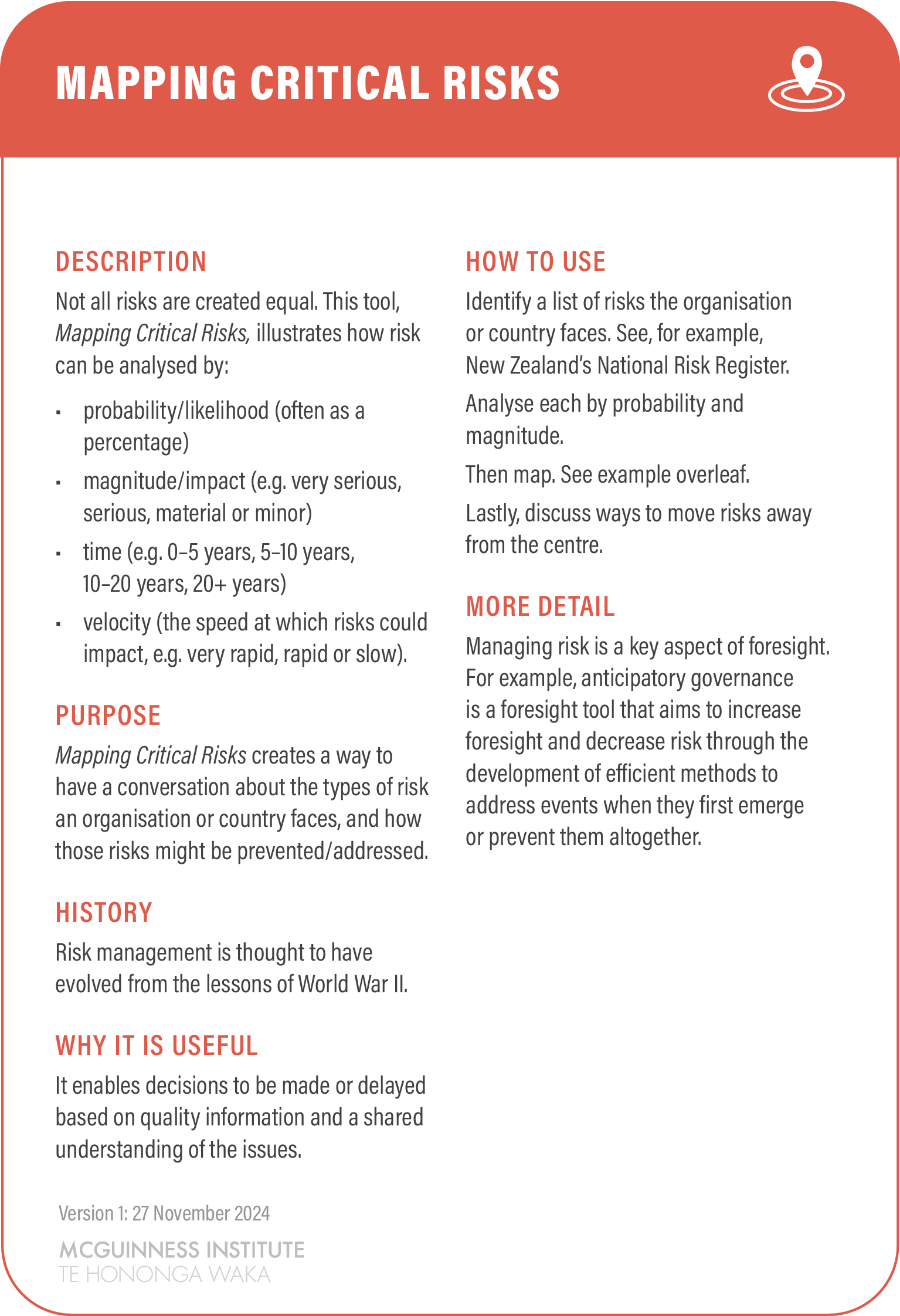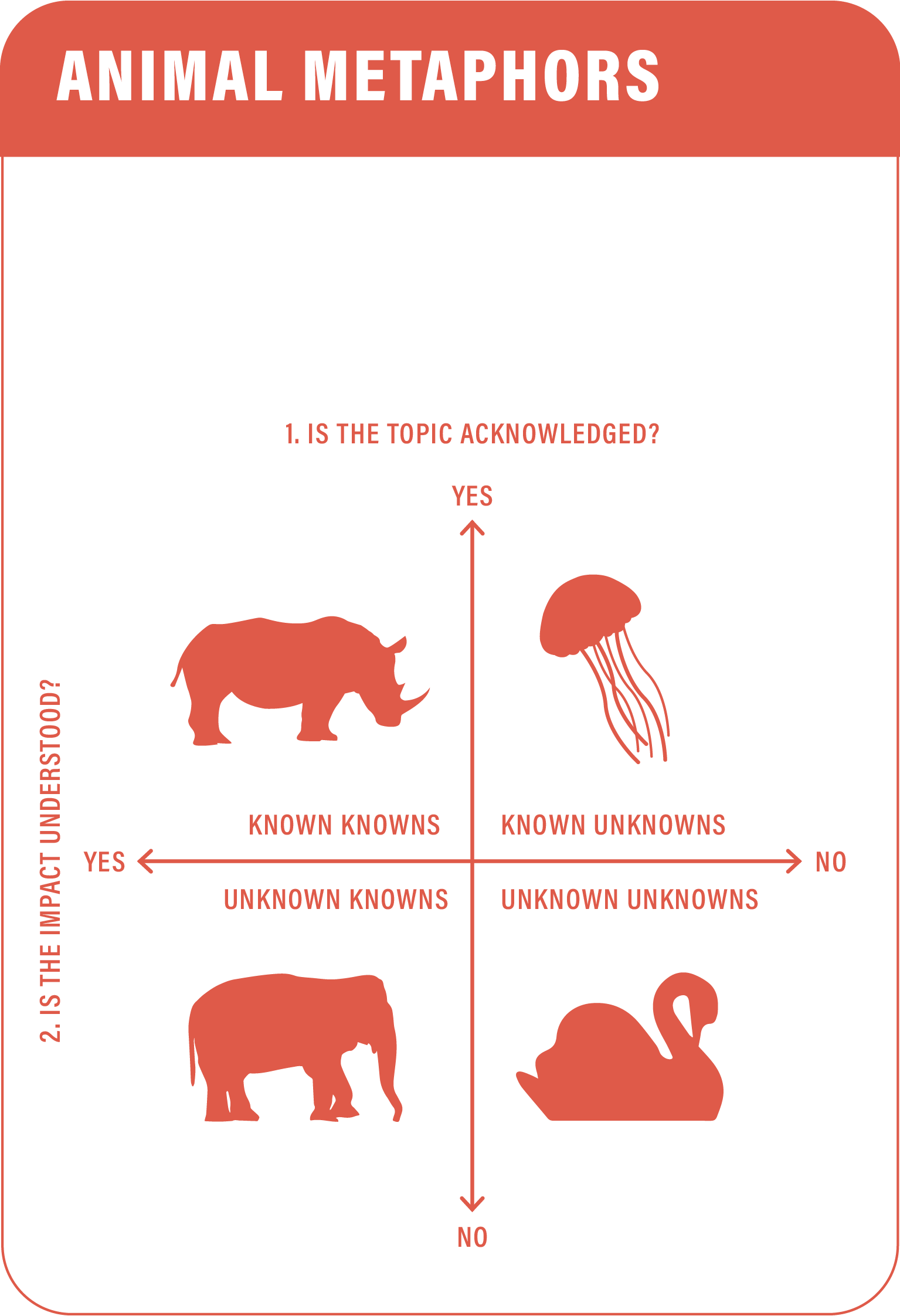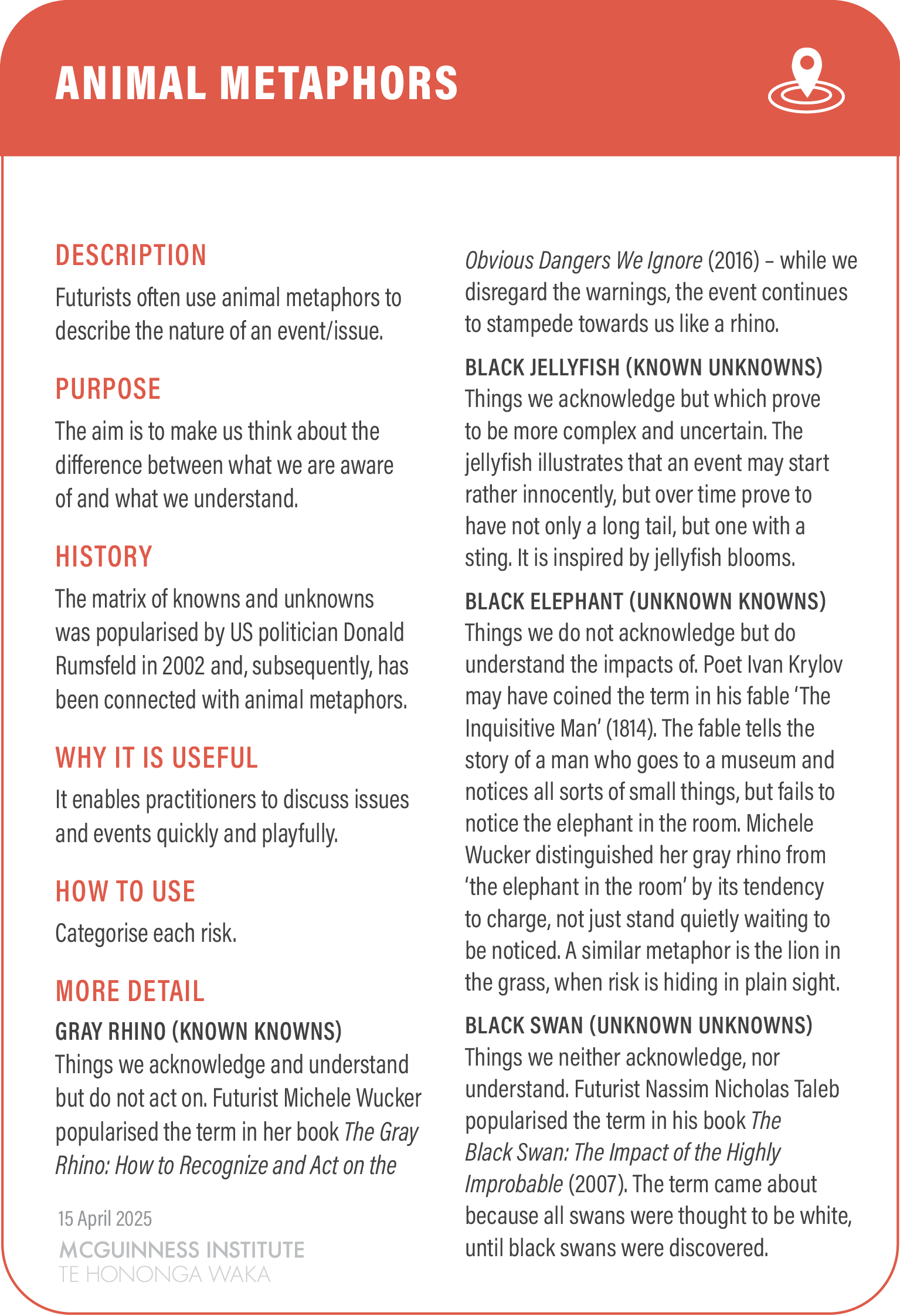A newly formed Organisation for Economic Co-operation and Development (OECD) Expert Group on Strategic Foresight brings together ten renowned foresight experts from around the world, including our own Wendy McGuinness
A vital international collaboration
Foresight practitioners look for ways to reduce uncertainty and provide more clarity over what the future may hold. Foresight is a richly collaborative field – most effective when different people, groups and countries explore alternative futures together. The Institute’s Foresight Tools page states that:
Just like a gold digger who continues to try to find a vein of gold, practitioners continue to work away at a problem or issue, using a wide range of mechanisms to seek out data, information or knowledge or to make sense of any obvious nuances and interconnections.
Looking at the events of the past year, there has never been a more important time to focus – and internationally collaborate – on strategic foresight.
So we are delighted to share details of the newly formed OECD Expert Group on Strategic Foresight, announced by OECD Secretary-General Mathias Cormann at the IASEAI Safe & Ethical AI Conference on 6 February 2025.
Who are the members of the Expert Group?
Consisting of two co-chairs and ten members, the Expert Group on Strategic Foresight provides strategic reflections on emerging foresight topics, the latest foresight methods and their application to OECD strategic foresight work to support governments and organisations.
The internal co-chair, Rafał Kierzenkowski, is Senior Counsellor for Strategic Foresight and Head of the Strategic Foresight Unit at the OECD. He took up his duties in January 2023.
The external co-chair is Dr Aaron Maniam, a Singaporean national and a Fellow of Practice, as well as the Director of Digital Transformation Education at the Blavatnik School of Government, University of Oxford.
The dynamic group includes ten globally renowned foresight experts from diverse sectors, disciplines and countries:
- Anne Marie Engtoft Meldgaard, Denmark
- Catherine Fieschi, France/Canada
- Cheryl Chung, Singapore
- Koffi Kouakou, South Africa
- Mikko Dufva, Finland
- Narue Shiki, Brazil
- Peter Padbury, Canada
- Stuart Candy, Australia
- Wendy McGuinness, New Zealand
- Wendy Schultz, United States
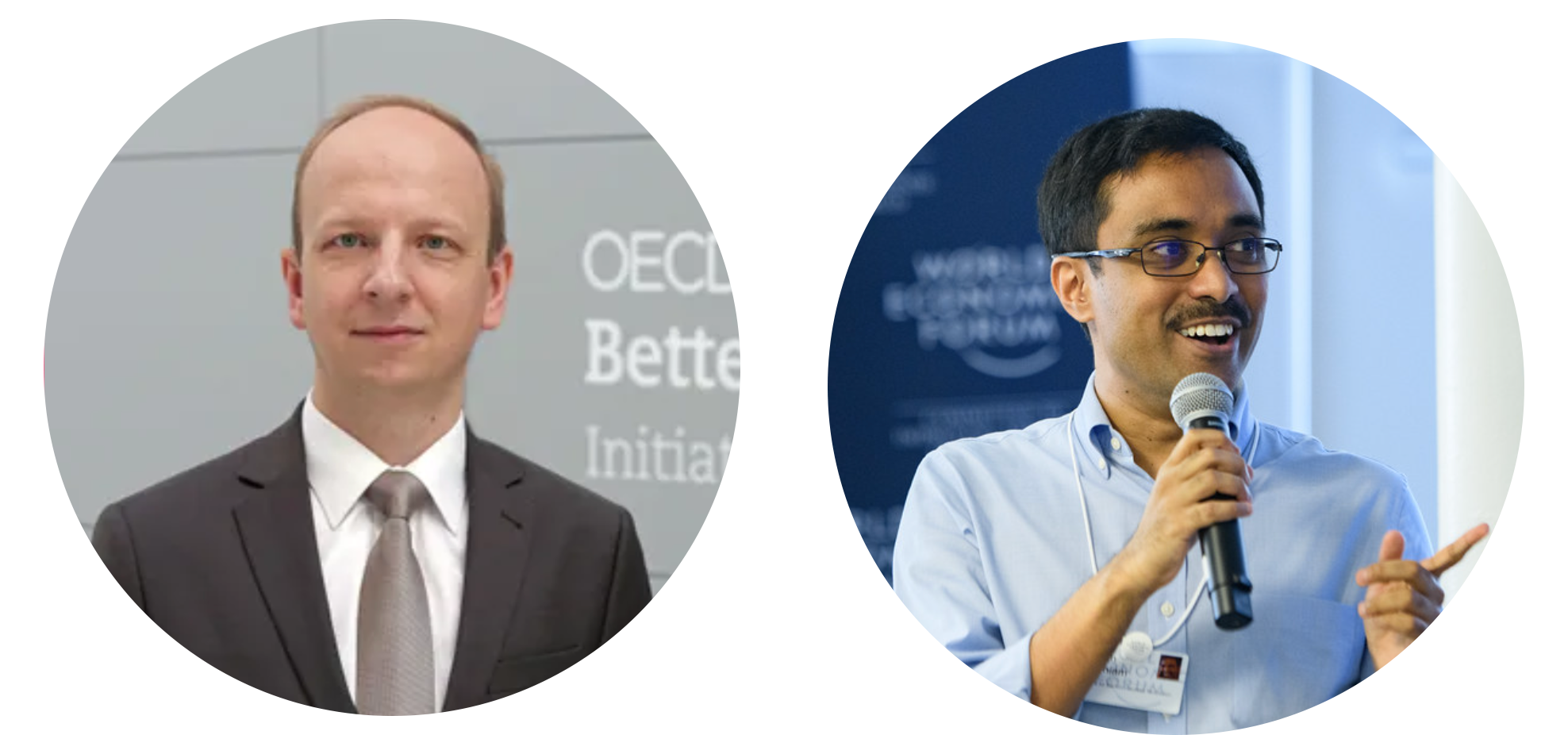
Rafał Kierzenkowski
Aaron Maniam
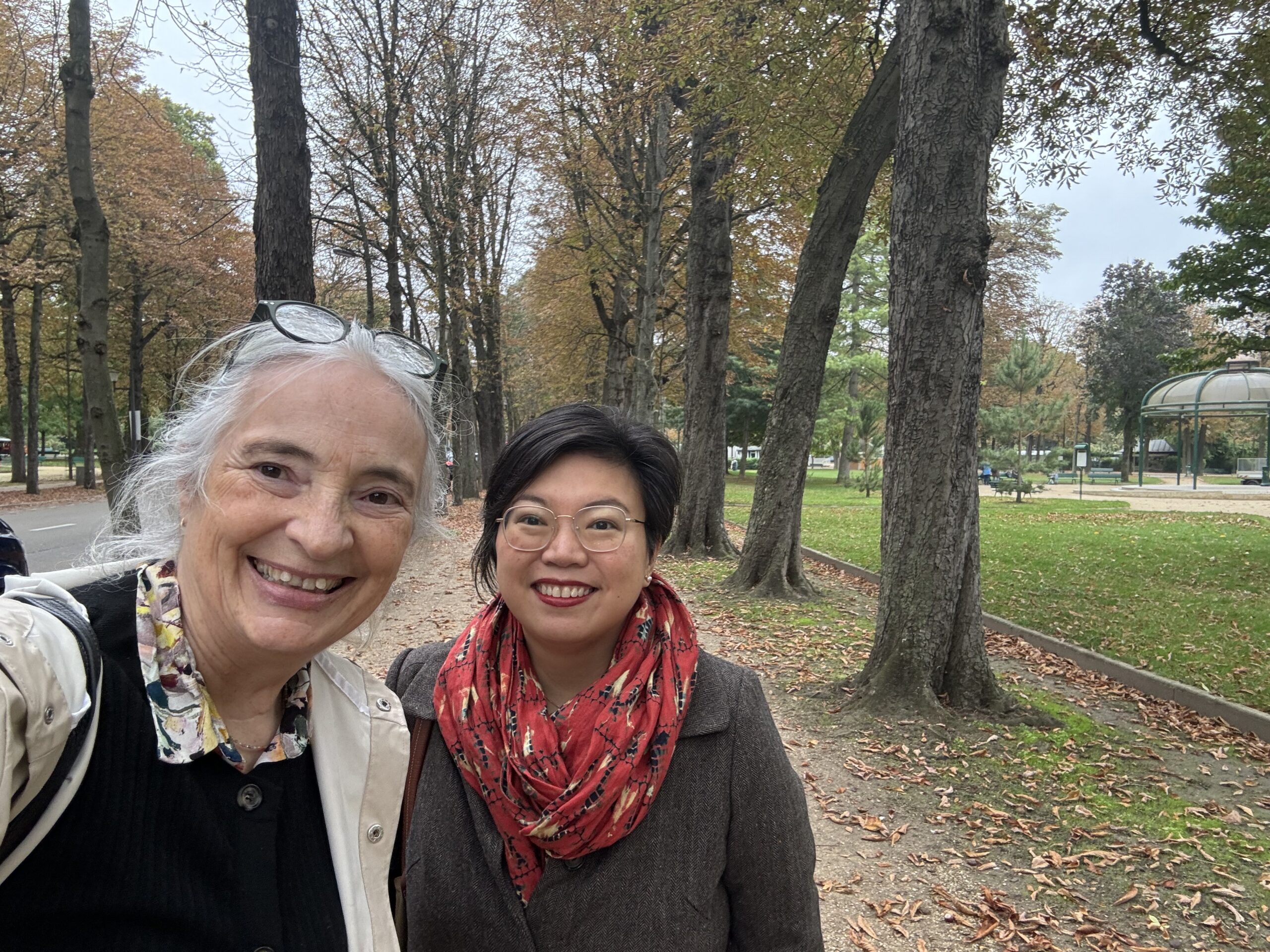
Wendy McGuinness and Cheryl Chung, taking a walk while attending the OECD Government Foresight Community (GFC) on 1-2 October 2024 at the OECD in Paris, France. The event was organised by the OECD Strategic Foresight Unit.
OECD, Paris
The variety of experts were selected to bring fresh perspectives, cutting-edge methodologies and innovative thinking to the OECD.
The group will informally provide support to the OECD Strategic Foresight Unit, as well as the broader OECD foresight ecosystem and the Government Foresight Community. The OECD Government Foresight Community (GFC) brings together public sector strategic foresight practitioners and leads to exchange information and content on the latest foresight developments in government for better policy making. The GFC has three major series of events throughout the year – an annual in-person GFC meeting in October on methodological and thematic issues, an annual virtual GFC Day in April for community exchanges, and a regular virtual GFC masterclass seminar series with leading experts in the field of strategic foresight. In New Zealand, the key group that interconnects with the GFC is the Strategic Futures Group (SFG).
22 May 2025: Launch of the OECD Towards Anticipatory Governance Guidelines for Public Sector Organisations
The guidelines have been thoroughly tested internationally and bring together a number of excellent case studies including, on page 22, New Zealand’s Long-term Insight Briefings (see opposite). The gap the paper is trying to fill is best described in the executive summary as follows:
OECD research indicates that systematic use of strategic foresight in government to help perceive future risks and opportunities is not widespread. Similarly, foresight processes are insufficiently connected with policy development and innovation. While a few governments (e.g. Finland) have started to firmly connect the outcome of foresight processes with planning, there is a knowledge gap between the use of these approaches (and the benefits they can bring) and an understanding of the capabilities and environment that are needed to support them… This paper is intended to help fill this gap by providing guidance for public organisations who want to use anticipatory governance
More about the Strategic Futures Group
The Strategic Futures Group is a self-organising, practitioner-led community of practice. The SFG is a forum that supports people working in the New Zealand public sector to build capability in futures thinking, exchange ideas and collaborate with colleagues, and practise the application of futures thinking methodology and tools.
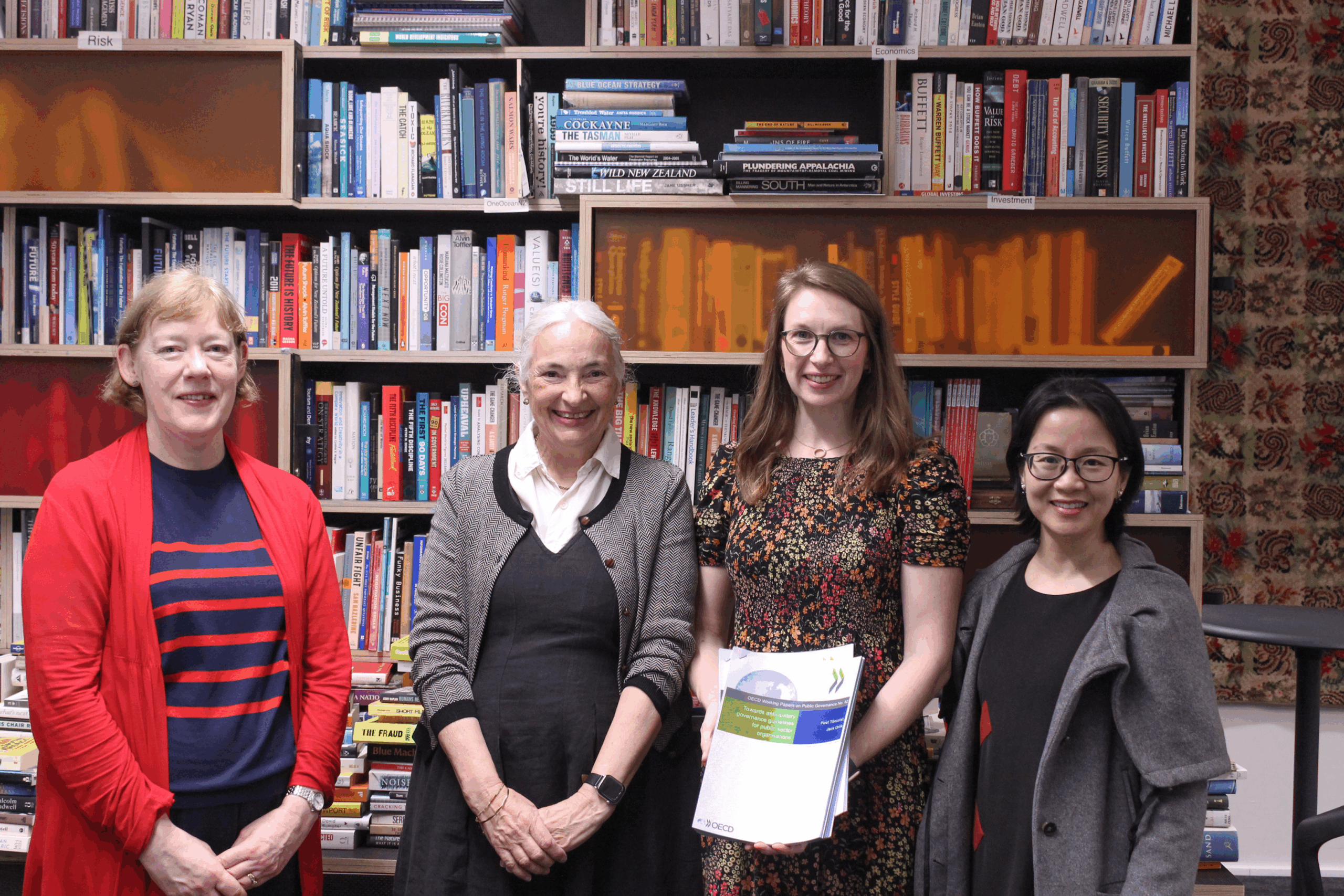
Cathy Swanson (IRD), Wendy McGuinness, Kristeena Pretorius (Customs) and Huong Nguyen (22 May 2025). Cathy, Kristeena and Huong are members of the Strategic Futures Group. They met at the McGuinness Institute to celebrate the launch of the OECD Working Paper on Public Governance No. 82: Towards Anticipatory Governance Guidelines for Public Sector Organisations (2025).

Front cover of the OECD Towards anticipatory governance guidelines for public sector organisations (2025).

Page 22 of the OECD Towards anticipatory governance guidelines for public sector organisations (2025).
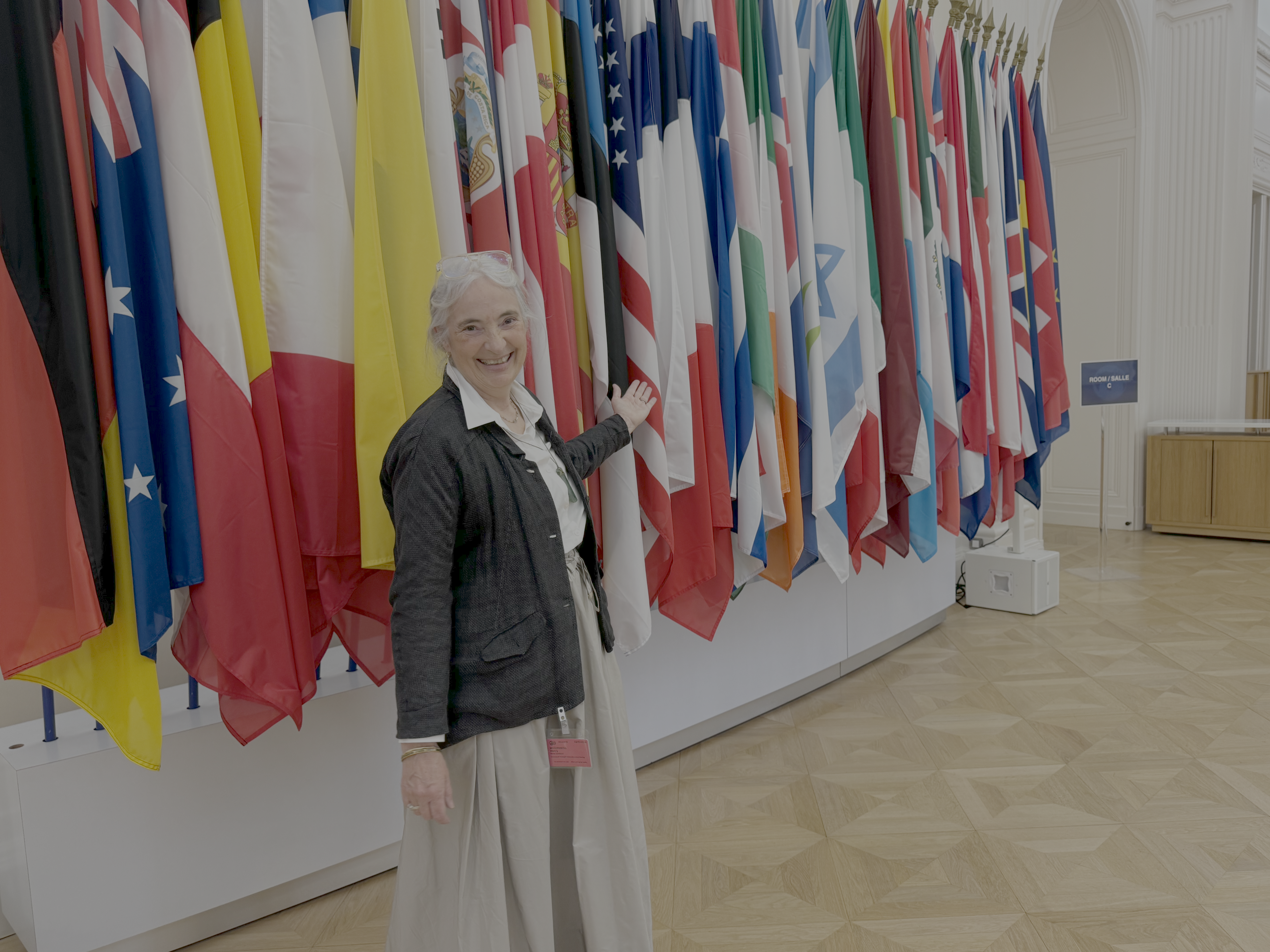
Wendy McGuinness at the OECD, October 2024.
Photographer: Wendy Schultz
Using foresight in 2025
Wendy is honoured to work with this highly skilled and diverse group of experts. She says, The group is an exciting opportunity to collaborate internationally on foresight. This is always important, especially now when the world is at a critical turning point in fighting the war for climate. I am looking forward to working with the OECD to explore strategic foresight and to bring back to New Zealand emerging and best practice.
During 2025, the Group will work to further embed strategic foresight in policymaking and enhance the OECD’s efforts to support resilient and future-ready policies. We are looking forward to seeing the outputs and will keep you updated.
The OECD’s foresight work
The OECD has long been a champion of strategic foresight and long-term thinking as a core component of effective and modern policy making. It focuses on international collaboration and uses strategic foresight to help policy makers improve the effectiveness of governments by identifying opportunities, challenges, risks and disruptions that may arise over the coming years.
The OECD website says: ‘The global economy and society have become more interconnected and complex, causing increased uncertainties about the future. Strategic foresight is a structured and systematic approach of exploring plausible futures to anticipate and better prepare for change. Strategic foresight is not about predicting a single future. It is about the analysis of plausible futures, which can support better policy making.’
The Institute’s foresight work
Strategic foresight has always been integral to the McGuinness Institute – it’s an essential part of our purpose statement, and our ongoing ForesightNZ project allows us to share useful tools and resources for exploring different futures.
Some examples of the Institute’s Foresight Tools. You can view the Institute’s Foresight Tools and other foresight resources on our ForesightNZ page.
